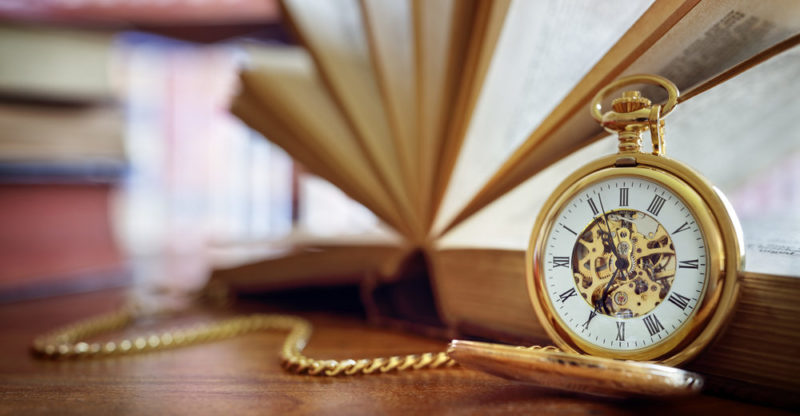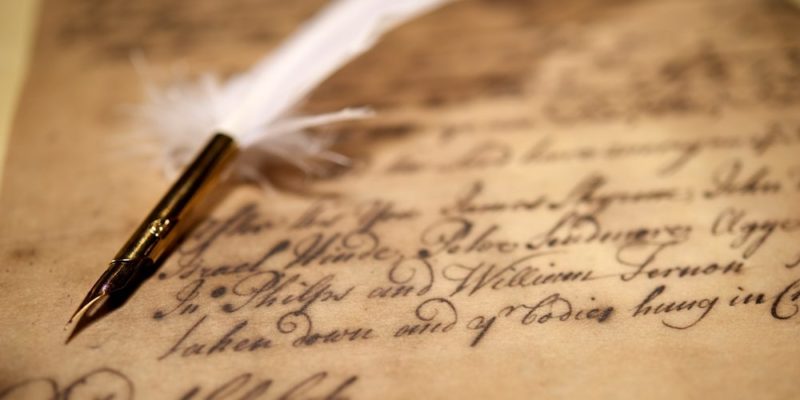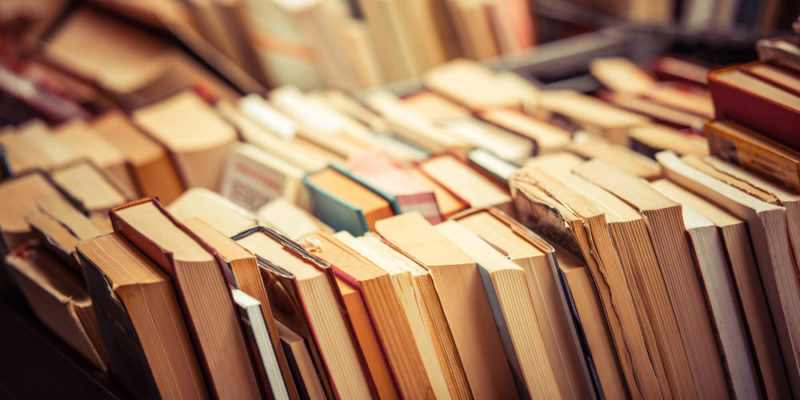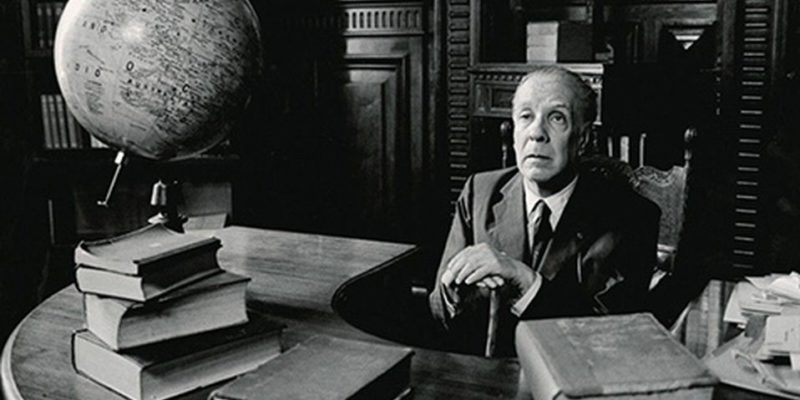We explain what contemporary literature is and what its characteristics are. In addition, the topics it covers, its genres and authors.
What is contemporary literature?
 Contemporary literature refers to the literary styles that emerged from 1940 to the present , a period characterized by technological advances and constant changes at a social, cultural, and political level.
Contemporary literature refers to the literary styles that emerged from 1940 to the present , a period characterized by technological advances and constant changes at a social, cultural, and political level.Contemporary literature originates from the Second World War , a fact that gives impetus to a change in social mentality. The authors reflect their thinking by breaking with the aesthetic models and parameters of previous eras (such as the Renaissance , Baroque or Enlightenment ).
A literature is created that recreates a character of fiction, fantasy and mystery , based on the facts of real life. In addition, technological and industrial innovations make it possible to increase the number of publications of the works (large-scale printing of copies).
A new mass culture emerges attracted by the new genres of contemporary literature, such as the comic strip (or comic) or cyberpunk (a subgenre of science fiction).
Characteristics of contemporary literature
 Contemporary literature is characterized by reflecting a new vision of the world , reflecting a break in traditional customs and beliefs.
Contemporary literature is characterized by reflecting a new vision of the world , reflecting a break in traditional customs and beliefs.New literary genres are emerging that are mixed with different writing techniques and play with the limits between reality and fiction. Contemporary works also represent the inner world of the characters , their unconscious and subconscious.
In contemporary literature, time does not pass in a linear way, but rather breaks with the chronological order of events, being able to start a story from the end of the story, then narrate it from the past and return to another point in time.
In contemporary literature (unlike narrative texts), there is no single, all-knowing voice of the narrator . There is no single point of view, which generates more empathetic stories with the reader.
There are as many points of view as there are narrators , however, it is important to highlight a common point in contemporary works: the author is always dissatisfied with the reality he describes.
Contemporary Literature Topics
 Contemporary accounts reflect themes such as:
Contemporary accounts reflect themes such as:
- Social inequality
- Terrorism and war
- The alienation of the human being in society
- The politics and corruption
- The environment and the lack of awareness of its care
- The ethical and moral
- The economy and social classes
- Gender inequality
Contemporary genres
 Contemporary literature is characterized by the emergence of new genres or categories, such as:
Contemporary literature is characterized by the emergence of new genres or categories, such as:
- Fiction: It is an imaginary story, although it reflects certain aspects of real life and human emotions .
- The graphic novel: It is a long story, with a complex and developed plot. It differs from a story because the reader knows both the plot and what the characters feel.
- The poetry free verse: It is a free-structured narrative rather than using verse. Certain authors even dare to write in a disorderly way.
- The popular tale or fable: It is a short story on an invented topic and with simple arguments, which leaves a teaching (or apologue).
- The comedy: It is a representation of a happy and fun aspect of human life, narrated through a conflict that ends with a happy ending.
Contemporary works and authors
 Some of the most prominent contemporary works and authors are:
Some of the most prominent contemporary works and authors are:
- "Fictions" by Jorge Luis Borges ( Argentina )
- "Inés del alma mía" by Isabel Allende ( Chile )
- "Vision of Anáhuac" by Alfonso Reyes Ochoa ( Mexico )
- “Arráncame la vida” by Ángeles Mastretta (Mexico)
- "Where the air is clear" by Carlos Fuentes (Mexico)
- "One Hundred Years of Solitude" by Gabriel García Márquez (Colombia)
- "Island of passion" by Laura Restrepo (Colombia)
- "Fiercely Human Angel" by Blas Otero ( Spain )
- "The Pascual Duarte Family" by Camilo José Cela (Spain)
- "The table of Flanders" by Manuel Vázquez Montalbán (Spain)
She has pursued her studies in The United States, where she has graduated in Business and Economics and is currently finishing her Master studies in International Economics and Finance. Miss. Amputee is fluent in three languages: English, Spanish and Russian and has elementary knowledge of French and Italian. She love exploring how Collaborative Research Group can become the best tool to achieve the (necessary) educational change. .
Leave a reply
Your email address will not be published. Required fields are marked *Recent post

Sport: What Is It, Types, Risks, Features, Characteristics and Examples
September 23, 2021

Dogs: Emergence, Features, Characteristics, Feeding and Breeds
September 24, 2021

Story: Definition, Elements, Structure, Features and Characteristics
September 24, 2021

Essay: Definition, Structure, Features, Characteristics, How to Do It
September 24, 2021
